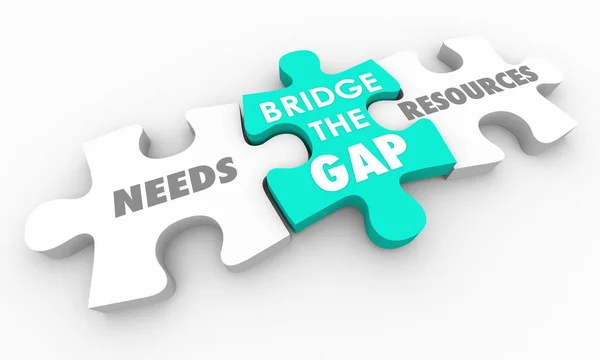As the European Union (EU) continues to evolve in response to economic challenges and demographic shifts, the gap in regulated professions has emerged as a pressing issue. Regulated professions—such as healthcare workers, engineers, and educators—require specific qualifications and certifications.
Understanding the Shortage in Regulated Professions
Demographic Changes: The EU is experiencing an aging population, leading to increased demand for healthcare professionals and caregivers. As older workers retire, there is a significant gap in skilled labor to fill these positions.
Geographic Disparities: There are considerable differences in the availability of regulated professionals across EU countries. While some nations face a surplus, others struggle with shortages, often leading to unfulfilled positions and increased pressure on existing workers.
Migration Barriers: Although the EU promotes free movement, bureaucratic hurdles can hinder the recognition of qualifications from foreign professionals. This creates a barrier for skilled workers from other member states seeking employment in countries with labor shortages.
Educational Mismatches: Many EU countries face a mismatch between the skills taught in educational institutions and those required in the labor market. This misalignment contributes to the difficulty in filling regulated positions.
Key Regulated Professions Facing Shortages
- Healthcare: Nurses, doctors, and allied health professionals are in high demand, particularly in countries like Germany, Italy, and Spain. The COVID-19 pandemic has exacerbated existing shortages and highlighted the need for sustainable workforce planning.
- Engineering and Technical Roles: Fields such as civil engineering, information technology, and renewable energy are critical for the EU’s green transition and digital transformation. However, many countries struggle to attract enough skilled engineers to meet industry demands.
- Education: There is a growing need for qualified teachers, especially in STEM (Science, Technology, Engineering, and Mathematics) subjects. Many EU countries face challenges in retaining educators, further straining the education system.
Strategies for Bridging the Gap
Improving Qualification Recognition: The EU should enhance efforts to streamline the recognition of qualifications across member states. Initiatives like the European Qualifications Framework (EQF) can facilitate better understanding and acceptance of foreign credentials.
Promoting Mobility Programs: Encouraging mobility among EU professionals through exchange programs, internships, and temporary work placements can help alleviate shortages in specific regions. These programs also foster cultural exchange and professional development.
Investing in Education and Training: Member states should invest in vocational training and higher education programs that align with labor market needs. Collaborations between industries and educational institutions can ensure that curricula are relevant and responsive to emerging trends.
Attracting International Talent: The EU can create more inclusive immigration policies to attract skilled workers from outside the EU. Simplifying visa processes and providing support for relocation can make Europe a more attractive destination for professionals.
Supporting Retention of Current Professionals: Ensuring that existing workers are supported through competitive salaries, professional development opportunities, and improved working conditions is crucial. Retention strategies can mitigate the effects of turnover and burnout.
The gap in regulated professions within the EU poses significant challenges that require urgent attention. By implementing strategies that enhance qualification recognition, promote mobility, invest in education, attract international talent, and support current professionals, the EU can work toward a more balanced and sustainable workforce. Addressing these shortages is not just vital for economic growth but is also essential for ensuring quality services and improving the overall well-being of citizens across the union. As the EU navigates its path forward, bridging this gap will be critical to its success in a competitive global landscape.
If you require any further information, please feel free to reach out to us now!

